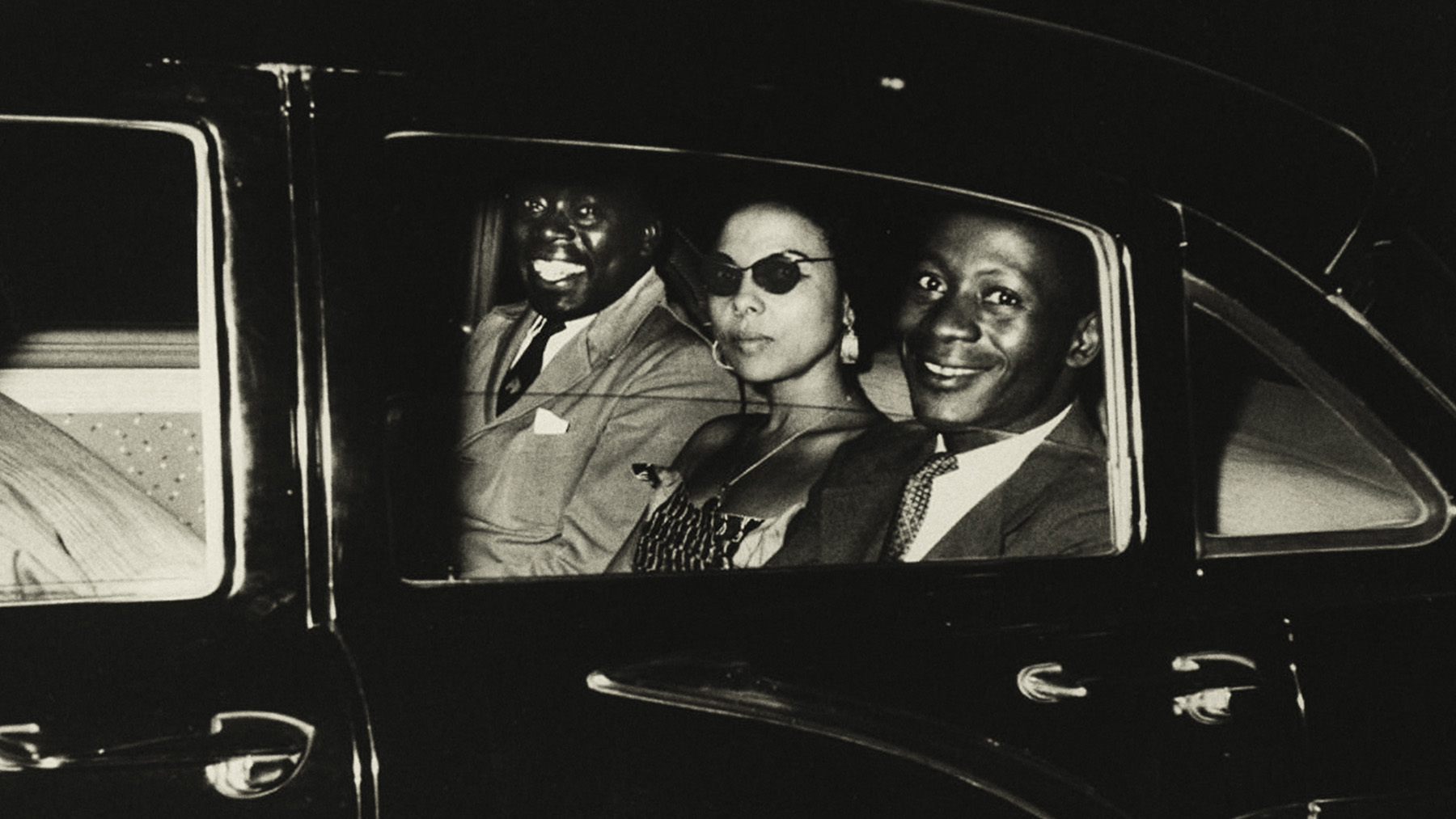
Belgian documentary maker Johan Grimonprez certainly had clarity that comes with hindsight when he decided to make Soundtrack to a Coup d’Etat (2024), based on the events that led to a 1961 protest inside the United Nations, led by jazz singer Abbey Lincoln and drummer Max Roach. Screening at the Hong Kong International Film Festival (HKIFF) this year, the film is a standout, even among a selection from the genre that is super strong, and was nominated at this year’s Oscars for a very good reason.
The film concerns itself with the murder of Congolese leader Patrice Lumumba and the downfall of his government via a Central Intelligence Agency-backed coup, recounting with fascinating detail how the United States Department of State sought to shift attention away from those acts by having some of jazz music’s greats of the day — led by Louis Armstrong — flown into Congo to play for the masses.
READ MORE: Pictures of diversity
That description looks remarkable, when spelt out, but it’s only a part of the web that Grimonprez attempts to untangle, leaning on archival footage, alongside excerpts from the memoirs of some of those involved. To think that it all started with the filmmaker seeing footage of then-Soviet leader Nikita Khrushchev protesting against these events by banging his shoe on a table during a session at the United Nations!
“I felt it was time to dig into the shadow side of my own colonial past,” reads Grimonprez’s director’s statement. “As I immersed myself in the material, I came across several historical figures who, in the Belgian history books, had been labelled as villains. The more I learned about them, however, the clearer it became that they were not who we were led to believe.
“Mark Twain said, ‘history does not repeat itself, but it often rhymes.’ One thing is clear: colonialism has never gone away; it only changed its jacket.”


